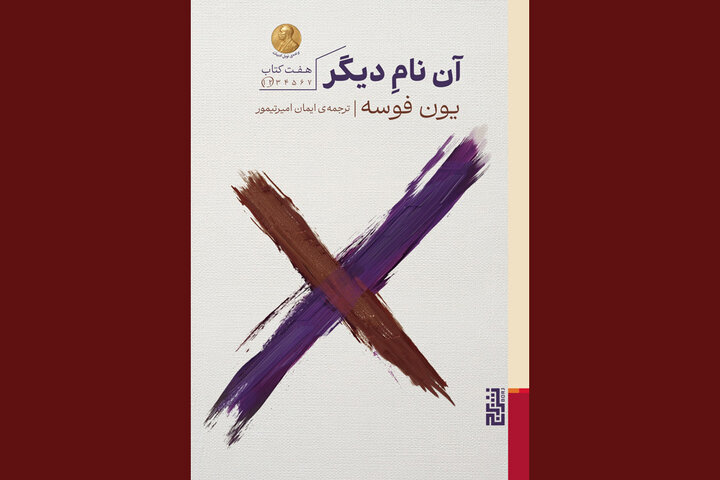Tehran – A Persian translation of the novel “The Other Name,” written by John Fosse, was released in Iranian bookstores.
Iman Amirteymour translated the book, and Borj’s publication published it on 392 pages, Mehr reported.
“Another name” follows the lives of two men who live close to each other on Norway’s west coast. The year is coming to an end, and Athle, an aging painter and widow, remembers his life. He lives alone, and his only friend is his neighbor, Auslake, a bachelor’s degree and father of a traditional Norwegian fisherman, and a gallerist Beyer who lives in Bjorgvin, a few hours’ drive south of Dilgya, where he lives.
There, in Bjørgvin, another ASLE, and a painter, lives there. He and the narrator are doppelgangers. Two versions of the same person, two versions of the same life.
Other names written in hypnosis that change between the first and third parties raise questions of concrete concepts about subjectivity and self. What is who we are? And why do we lead one life, not another? Through the flashback, Fosse cleverly explores the convergence and divergence of both Athlez’s lives, slowly building towards a decisive encounter between both.
The Zenith writer of his career, in “The Other Name,” the first two volumes of his “Stand-Stand,” Fosse presents us with an indelible, moving quest for the human condition that endures as his masterpiece.
Jon Fosse, 65, is a Norwegian writer, translator and playwright. In 2023 he was awarded the Nobel Prize in Literature.
Fosse’s work spans over 70 novels, poetry, children’s books, essays and theatre, and has been translated into over 50 languages.
Fosse, the Norwegian playwright, the second most performed after Henrik Ibsen, is currently one of the most performed contemporary playwrights around the world, with productions presented on more than 1,000 stages worldwide.
His minimalist, deeply introspective plays are noted that language often touches lyrical prose and poetry, representing the contemporary continuation of the dramatic tradition established by Henrik Ibsen in the 19th century.
Although Fosse’s works are often placed within the tradition of dramatic theatre, some of his notable novels have been described as belonging to the style of postmodernist and avant-garde literature, due to their unorthodox use of minimalism, lyricism, and synthesis.
SS/

